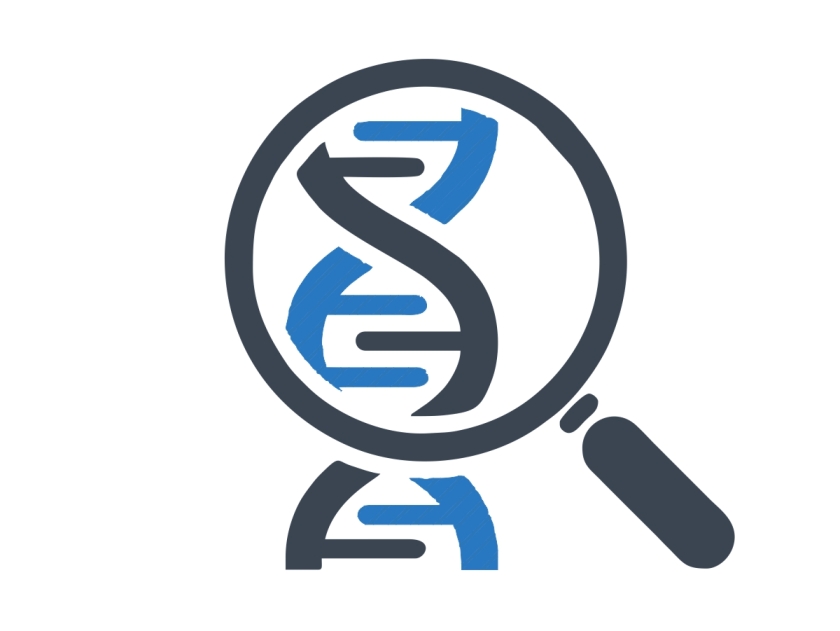Imagine a world without vaccines, antibiotics, or even basic medicines. This scenario, while daunting, highlights the indispensable role of life science reagent companies in modern society. These companies, often operating behind the scenes, supply the essential building blocks for scientific breakthroughs across various fields. From groundbreaking research to the development of life-saving therapies, their work is the bedrock of progress in the life sciences.

Image: www.chemopharm.com
Life science reagent companies specialize in producing and distributing the vital materials scientists use in their investigations. These reagents run the gamut from basic chemicals and antibodies to more sophisticated tools like kits and consumables. Their impact extends far beyond the lab bench, influencing everything from personalized medicine to agricultural advancements.
A Historical Journey: From Humble Beginnings to Global Significance
The origins of the life science reagent industry can be traced back to the early days of scientific inquiry. Pioneers like Louis Pasteur, a French chemist, relied on basic yet crucial reagents, like agar-agar, for culturing microorganisms. This marked the beginning of a journey that would lead to a highly specialized and sophisticated industry.
In the 20th century, rapid advancements in molecular biology and biotechnology spurred the growth of life science reagent companies. Advancements in techniques like polymerase chain reaction (PCR) and antibody production demanded specialized reagents, prompting the industry to innovate and diversify its offerings. The advent of genomics and proteomics further fueled this growth, leading to the development of high-throughput screening and next-generation sequencing tools, all demanding a wide array of reagents.
The Backbone of Research: Reagents as the Essential Tools
Think of a research lab as a finely-tuned machine, and life science reagents are the gears and cogs that make it run smoothly. The sheer variety of reagents available reflects the vast complexity of biological systems.
Core Reagents for Diverse Applications
The foundation of any life science research is built upon a core set of reagents. These include:
- Chemicals: From basic buffers and solvents to specialized organic molecules, chemicals are essential for carrying out reactions, preparing samples, and creating experimental conditions.
- Antibodies: These exquisitely specific proteins recognize and bind to target molecules, playing a vital role in diagnostic assays, research, and drug discovery.
- Enzymes: These biological catalysts accelerate specific chemical reactions, making them indispensable for a wide range of molecular biology applications.
- Kits: Pre-packaged and optimized collections of reagents streamline common procedures, saving time and resources for researchers.
- Consumables: From pipettes and tubes to microscope slides, these essential tools facilitate experimentation and data acquisition.

Image: mdimembrane.com
The Impact Beyond the Lab: From Diagnostics to Therapies
The impact of life science reagent companies extends far beyond the confines of research labs. Their contributions are felt across various sectors, influencing everyday life:
Driving Innovation in Diagnostics
Reagent companies play a critical role in the development of diagnostic tools, enabling the rapid and accurate detection of diseases. From pregnancy tests to advanced pathogen identification, reagents enable early diagnosis and prompt treatment, contributing significantly to disease management.
Powering the Pharmaceutical Pipeline
Pharmaceutical companies rely heavily on life science reagents in their quest to develop new drugs and therapies. Reagents are crucial for screening potential drug candidates, testing their efficacy, and optimizing their formulations.
Advancing Agriculture and Food Security
Life science reagents are also used in agricultural biotechnology. They help improve crop yields, boost disease resistance, and enhance nutritional content in food products. These advances contribute significantly to global food security.
Navigating the Landscape: Trends Shaping the Future
The life science reagent industry is constantly evolving, driven by a confluence of factors like technological advancements, shifting research priorities, and evolving regulatory landscapes.
Growing Demand for Automation and High-Throughput Screening
The increasing complexity of research demands faster and more efficient workflows. This has spurred the development of automated platforms and high-throughput screening techniques, which rely on standardized, high-quality reagents. Companies are responding to this demand by developing reagent kits specifically designed for these systems.
Focus on Personalized Medicine and Precision Diagnostics
The era of personalized medicine, where treatments are tailored to individual patients, is gaining momentum. This trend fosters demand for highly specific and sensitive reagents that can identify genetic variations and tailor therapies accordingly.
The Rise of Digital Platforms and Data-Driven Solutions
Data analysis is playing an increasingly critical role in biological research. Reagent companies are developing digital platforms that provide researchers with access to vast databases, tools for data analysis, and platforms for sharing research findings. This trend underscores the move toward data-driven research, where reagent companies are becoming vital partners in the scientific discovery process.
Life Science Reagent Companies
Conclusion: Partnering in Progress for a Healthier Tomorrow
Life science reagent companies are more than just suppliers; they are essential partners in the pursuit of scientific knowledge and its translation into tangible benefits for society. Their consistent efforts to innovate, optimize, and offer products of the highest quality fuel groundbreaking discoveries and pave the way for a healthier future. From the lab bench to clinical applications, their contribution continues to shape the landscape of biological research and its impact on our lives.
As we embark on the next chapter of biological research, the role of life science reagent companies will undoubtedly gain even greater significance. Their commitment to excellence, their agility in adapting to evolving needs, and their dedication to fostering scientific progress remain critical pillars in our quest for a healthier and more sustainable world.





